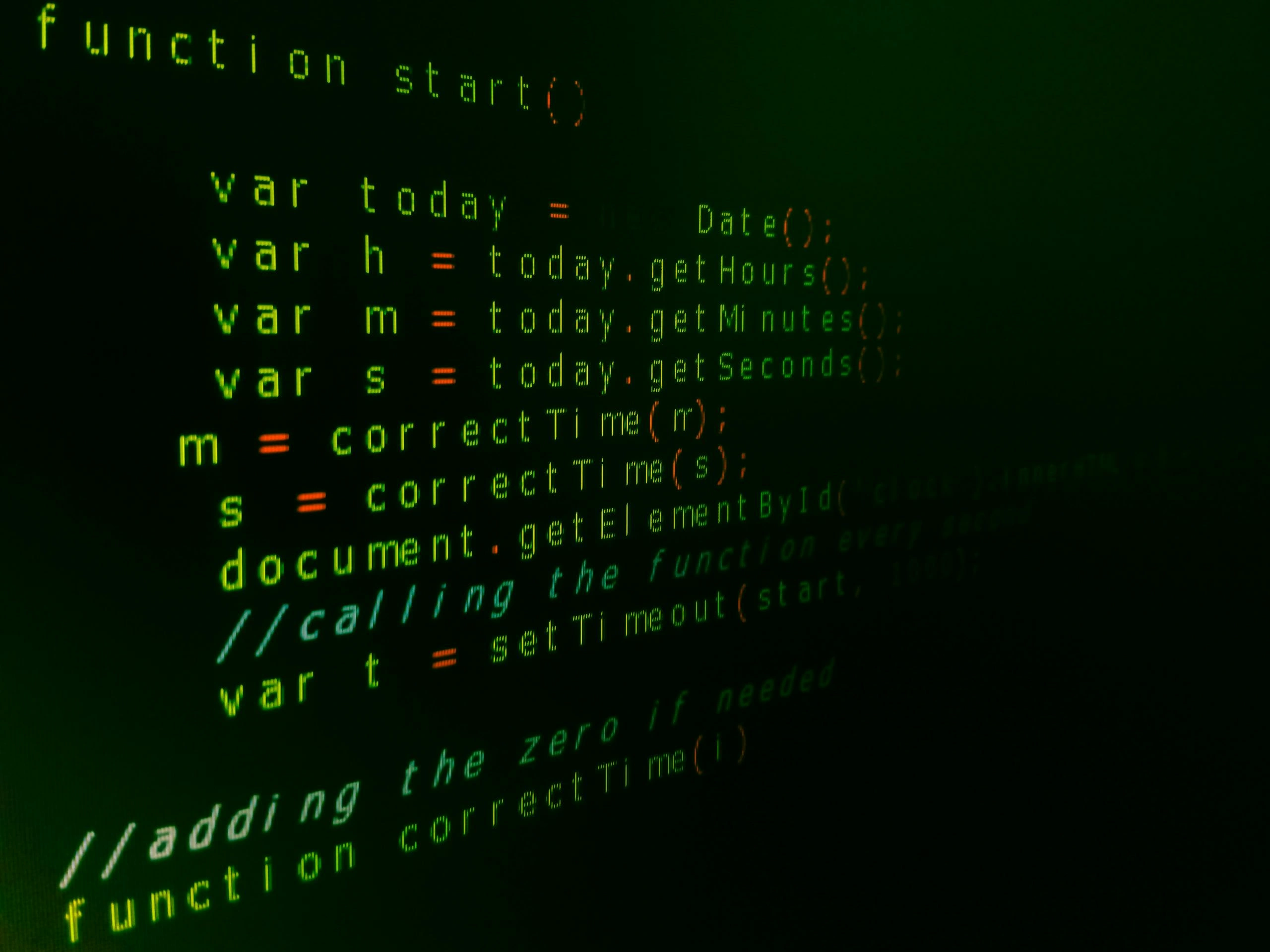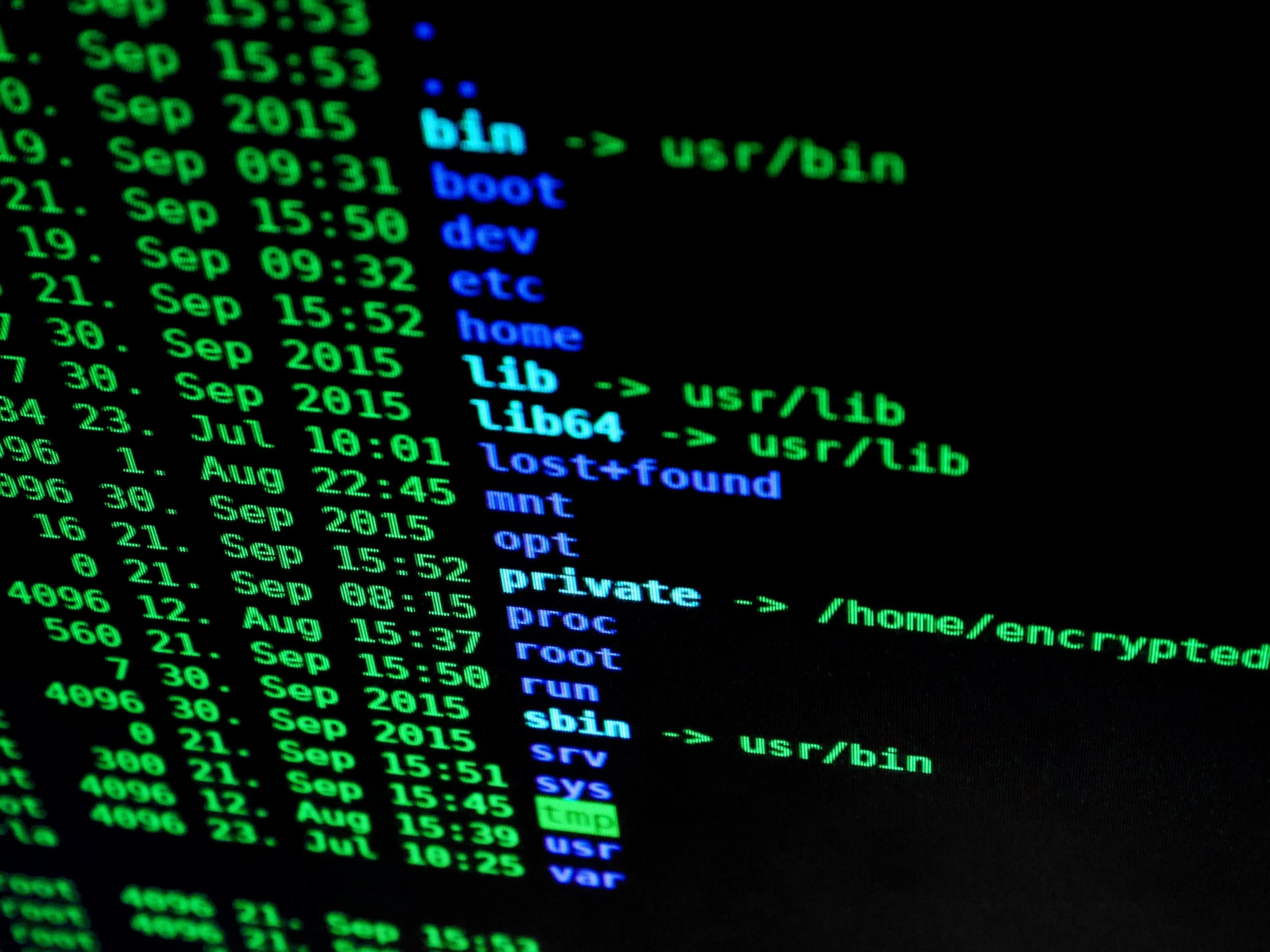The digitalization of fiscal and accounting processes is advancing in Spain with the impending implementation of mandatory electronic invoicing and the Verifactu system. This reform presents both challenges and opportunities for financial and IT teams, necessitating a reevaluation of current invoicing practices to ensure data security and immediate availability for the tax authorities.
Verifactu requires real-time invoicing, coding invoices with QR, and direct transmission to the Spanish Tax Agency, creating a transparent digital record. Companies must identify risks associated with non-compliance to avoid severe penalties and operational risks such as delayed payments and complications in audits. Most will likely upgrade existing systems rather than starting anew, focusing on automating and standardizing processes for efficiency and reliability.
Despite initial burdens, this mandate offers chances for increased efficiency and reduced audit risks through automation. As Spain adopts electronic invoicing, proactive companies will not only comply but also gain competitive advantages, benefiting from enhanced financial visibility and streamlined processes.
👉 Pročitaj original: CIO Magazine






